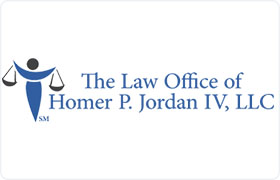Hamilton Divorce & Family Law Lawyer, Georgia
Sponsored Law Firm
-
 x
x

Click For More Info:
-
The Law Office of Homer P. Jordan IV, LLC
125 Townpark Drive Suite 300 Kennesaw, GA 30144» view mapDivorce & Family Law Legal Solutions for a Brighter Tomorrow
At The Law Office of Homer P. Jordan IV, LLC in Kennesaw, we are dedicated to helping clients throughout the Atlanta area, including Cobb, Cherokee and Paulding counties.
800-590-3350
America Ashley Cross
Real Estate, Family Law, Elder Law, Bankruptcy & Debt
Status: In Good Standing Licensed: 24 Years
Stephen Scot Sikes
Military, Traffic, Divorce & Family Law, Criminal, Accident & Injury
Status: In Good Standing Licensed: 25 Years
Bert Seth Harp
Military & Veterans Appeals, Family Law, Divorce & Family Law
Status: Inactive Licensed: 51 Years
Kyle Scott Fischer
Military & Veterans Appeals, Military, Family Law, Criminal
Status: In Good Standing Licensed: 24 Years
Leslie L. Cohn
Dispute Resolution, Employment Discrimination, Family Law, DUI-DWI
Status: In Good Standing
Luther Jerome Smith
Dispute Resolution, Federal Trial Practice, Family Law, Life & Health
Status: In Good Standing Licensed: 26 Years
 Homer Jordan Kennesaw, GA
Homer Jordan Kennesaw, GA AboutThe Law Office of Homer P. Jordan IV, LLC
AboutThe Law Office of Homer P. Jordan IV, LLC Practice AreasExpertise
Practice AreasExpertise
